 Pedro Pascal and Bella Ramsey in The Last of Us Photo: HBO
Pedro Pascal and Bella Ramsey in The Last of Us Photo: HBO
In October 2000, two IDF reservists were killed by mafia in Ramallah, Palestine. Video footage of the incident, later called the «Ramallah lynching», was broadcast around the world. Among those watching in horror was a 22-year-old aspiring video game designer named Neil Druckmann.
“The applause really scared me,” he told the Washington Post. «In my mind I thought, 'Oh man, if I could just press a button and kill all these people who did this terrible thing, I could make them feel the same pain that they caused these people.' >Druckmann grew up in the West Bank settlement of Beit Aryeh Ofarim, a community made up mostly of secular families with ties to the Israeli aerospace industry (his father was a flight test engineer). The Druckmanns later moved to the United States. But the memories of hatred between Israel and Palestine remained with Neil, who went on to create The Last of Us video game franchise and helm the new remastered edition of The Last Of Us 2 for PlayStation 5, released on January 19.
The brutality of life in a conflict zone is a theme of the original 2013 film The Last of Us, in which grizzled smuggler Joel becomes the reluctant guardian of chatty teenager Ellie in America's zombie apocalypse. Introduced to huge success in 2013, the game was revived in 2023 as a popular television adaptation. Starring Pedro Pascal as Joel and Bella Ramsey as Ellie, it gave HBO its biggest success since Game of Thrones, became the most pirated series of 2023 and received 24 Emmy nominations (only to walk away with empty handed).
 Pedro Pascal in The Last of Us Photo: HBO
Pedro Pascal in The Last of Us Photo: HBO
In light of its success, it was inevitable that HBO would adapt the 2020 sequel The Last of Us 2, with Druckmann and Chernobyl's Craig Mazin again serving as dual showrunners. Cameras will start rolling in the coming weeks on Kaitlyn Dever (Dopesick, Booksmart), recently announced as Ellie's nemesis, Abby.
The Last of Us received universal praise. As is often the case with highly anticipated sequels, the second game was more divisive. Part of this is due to several shocking twists (see below for spoiler-filled details). This made Druckmann the target of a portion of fans who wanted the second installment to essentially rehash the first The Last of Us. But there are also concerns about his policies. In particular, Druckmann's explanation that the intense hatred between the key factions in the game was caused by his experiences growing up in the West Bank and the lynching in Ramallah.
The animosity that Druckmann felt towards those who killed the two Israeli soldiers will disappear. Later he will feel «rude and guilty» because of these emotions. In The Last of Us 2, he wanted to explore how such negative feelings can consume a person. How they can trigger an endless cycle of violence — as happens with Ellie and Abby, who destroy their lives in their insane desire to get even with each other. (Warning: Spoilers follow.)

An important point at the beginning of the game is the fate of Joel, the hero of the original Last of Us game. In the first part, he killed a doctor who was performing a procedure on Ellie that could potentially create a cure for the zombie plague that destroyed humanity, at the cost of Ellie's life (she has a unique immunity to the fungus that turns people into a chattering, mindless «Infected»). These chickens come home to roost in The Last of Us 2 when the vengeful surgeon's daughter Abby tracks down Joel and beats him to death with a golf club in front of Ellie.
Ellie vows to get herself back — and is soon on the trail of Abby, who has headed west to Seattle. But halfway there is another twist. Druckmann plays a switch game, asking the player to take on the role of Abby. We see her with her father hours before he is shot by an out-of-control Joel. We experience first-hand her hatred of Ellie, who tries to kill her in a harrowing “boss battle.” And we see her risk her life to protect a trans teenager named Lev who is fleeing religious oppression.
This is a powerful lesson in empathy. Both Ellie and Abby have good reasons for their hatred. Both are good people at heart. Their weakness was that they allowed their thirst for revenge to consume them — a message that stays with the player long after they have finished the game.
Yosef Avraami (right) and Vadim Nurezitz, whose lynching by the Palestinian mob in 2000 inspired The Last of Us creator Neil Druckmann Photo: Reuters
“I came up with an emotional idea: Can we, through the game, make you feel this intense hatred that is universal in the same way that unconditional love is universal?” Druckmann told the Washington Post in 2020: “This hatred that people feel has the same universality. You hate someone so much that you want them to suffer the same way they made someone you love suffer.”
Ellie and her companions travel to Seattle in search of Abby, who has joined the city's de facto rulers, the Washington Liberation Front, or Wolves. They have taken over Seattle but are in conflict with the Seraphite religious sect, who are called the «Scars» due to the deformities they inflicted on their cheeks as part of their spiritual awakening.
For some, The Last of Us 2 draws clear and twisted parallels between the WLF and Scars, and Israel and Palestine. The Scars are described as «religious fanatics» and worship at a place called the «Martyrs' Gate». They are presented as intolerant of minorities, such as Lev. And they move around Seattle through a loop of «sky tunnels» that appear to be inspired by the network Hamas built beneath the Gaza Strip.
 The Last of Us, Part 2
The Last of Us, Part 2
Political metaphor is in the eye of the beholder. Many gamers played The Last of Us 2 without paying attention to any real-world analogies. However, others criticized Druckmann. “The cycle of violence in The Last of Us Part 2 appears to be largely modeled on the Israeli-Palestinian conflict,” states Vice magazine, which states that portraying the Seraphites as “fanatics” serves to “marginalize the Palestinian experience in a way that which perpetuates a horrific status quo.»
The last thing Druckmann or anyone involved with The Last of Us TV series wants is for it to be derailed by the controversy over Israel and Palestine. At the start of the first season, Druckmann sought to clarify his statements about the Ramallah lynchings and their impact on The Last of Us 2.
“There is a little nuance here that I think is important based on the conversation that happened in the second game, but I never said it,” Druckmann told Israeli newspaper Haaretz last year. “But it was inspired, not based. This is a really important nuance because I'm inspired by… my feeling about the cycle of violence that I experienced as a child growing up in Israel, especially in the West Bank, coming to the United States and watching it from the outside, against it. be in it.»
 The Last of Us stars Nick Offerman, Gabriel Luna, Pedro Pascal and Bella Ramsey with writer Neil Druckmann and director Craig Mazin, January 2024 of the year. Photo: Getty
The Last of Us stars Nick Offerman, Gabriel Luna, Pedro Pascal and Bella Ramsey with writer Neil Druckmann and director Craig Mazin, January 2024 of the year. Photo: Getty
He was particularly concerned that the game should not be seen as an allegory for any particular conflict. “There’s a lot of emphasis on tribalism in the game,” he continued. “Sometimes there is tribalism on a very large scale, between two groups who are fighting over land — and again, this has obvious similarities to what is happening in the West Bank — but sometimes it is tribalism within one's own group, between religious people and secular people. or people who have experienced violence and feel — and this is another theme of the story — a sense of belonging to a group that feels righteous. And when you are righteous, it is very easy to belittle another group and say, “They are less than me, and I am right and they are wrong,” and therefore that gives me permission to use violence against them.”
Ahead of the second season, Druckmann and Mazin promised to include more zombie-like Infected after fans complained about a lack of them in the first season. Increasing the number of zombies is not difficult. The bigger challenge is to resolve the Wolves and Scars conflict in a way that avoids further comparisons with Israel and Palestine. Druckmann was no doubt disappointed by The Last of Us' snub from the Emmys. But he knows that the real tests are yet to come.








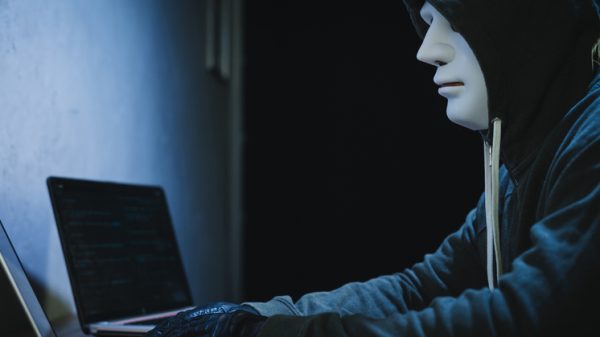
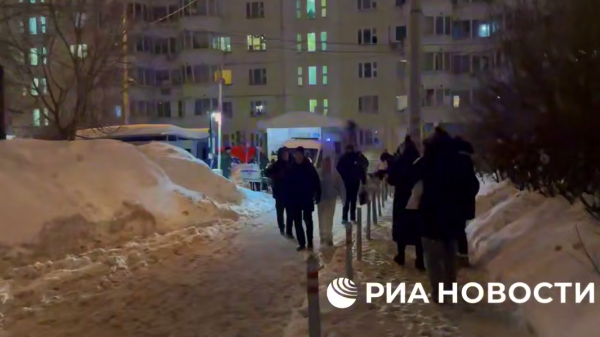
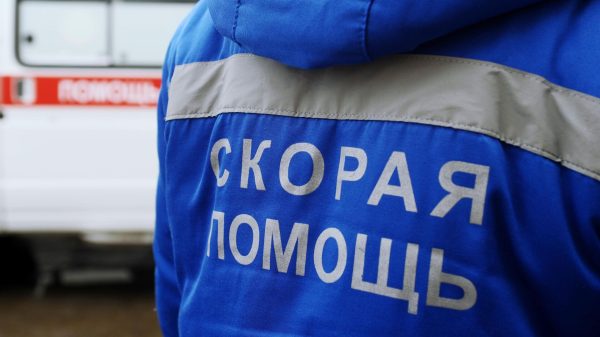
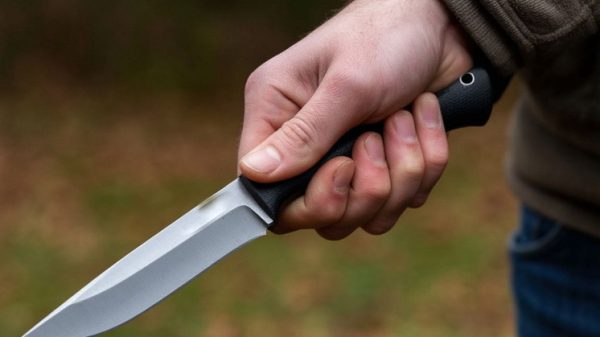



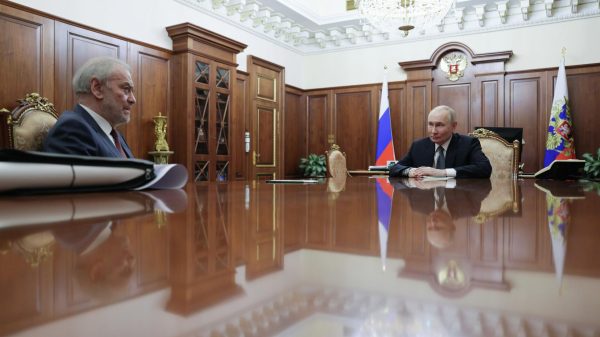


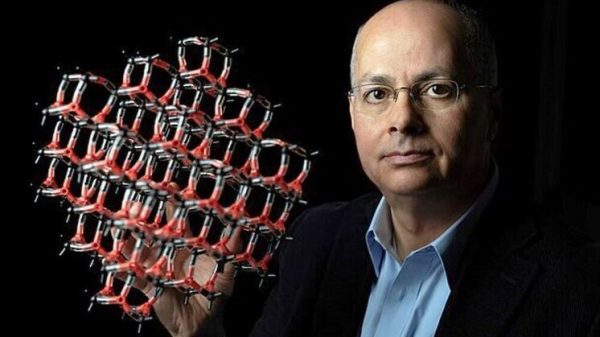
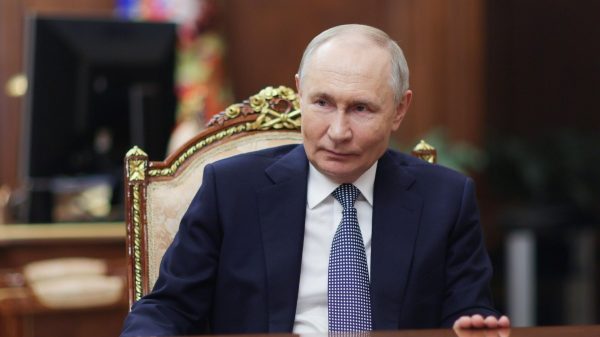
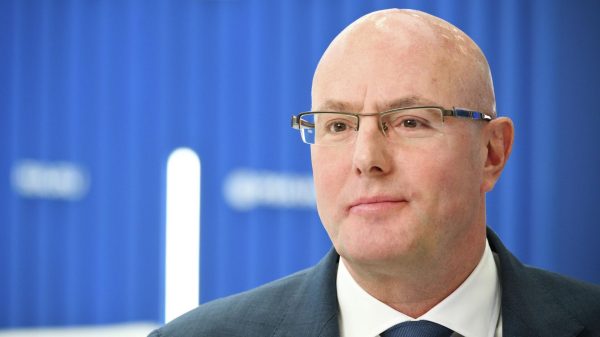
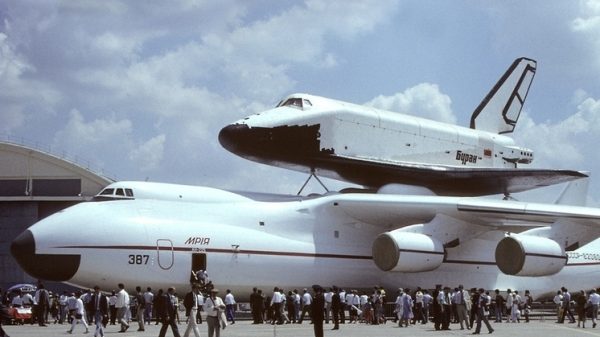















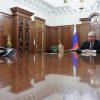
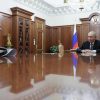














Свежие комментарии